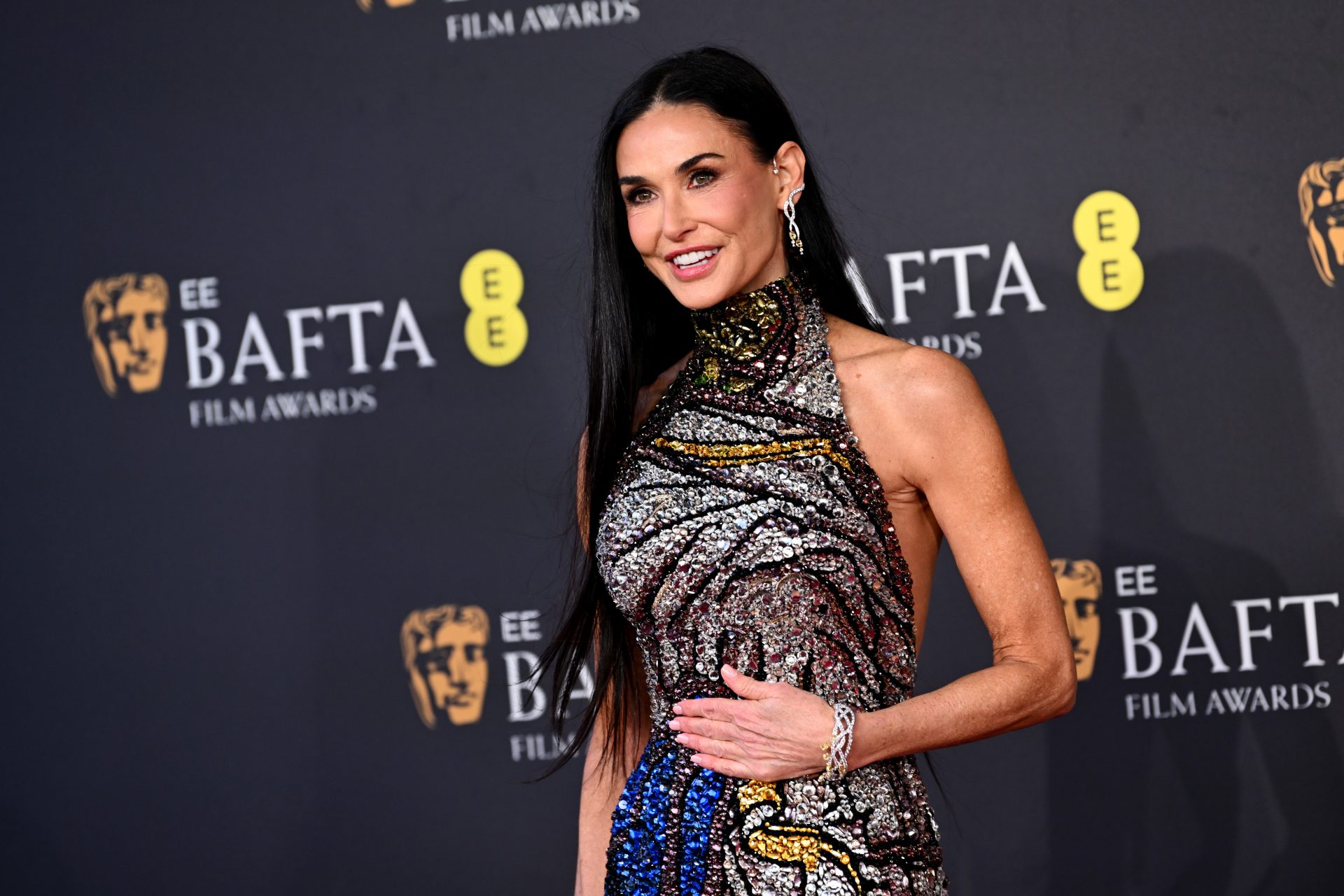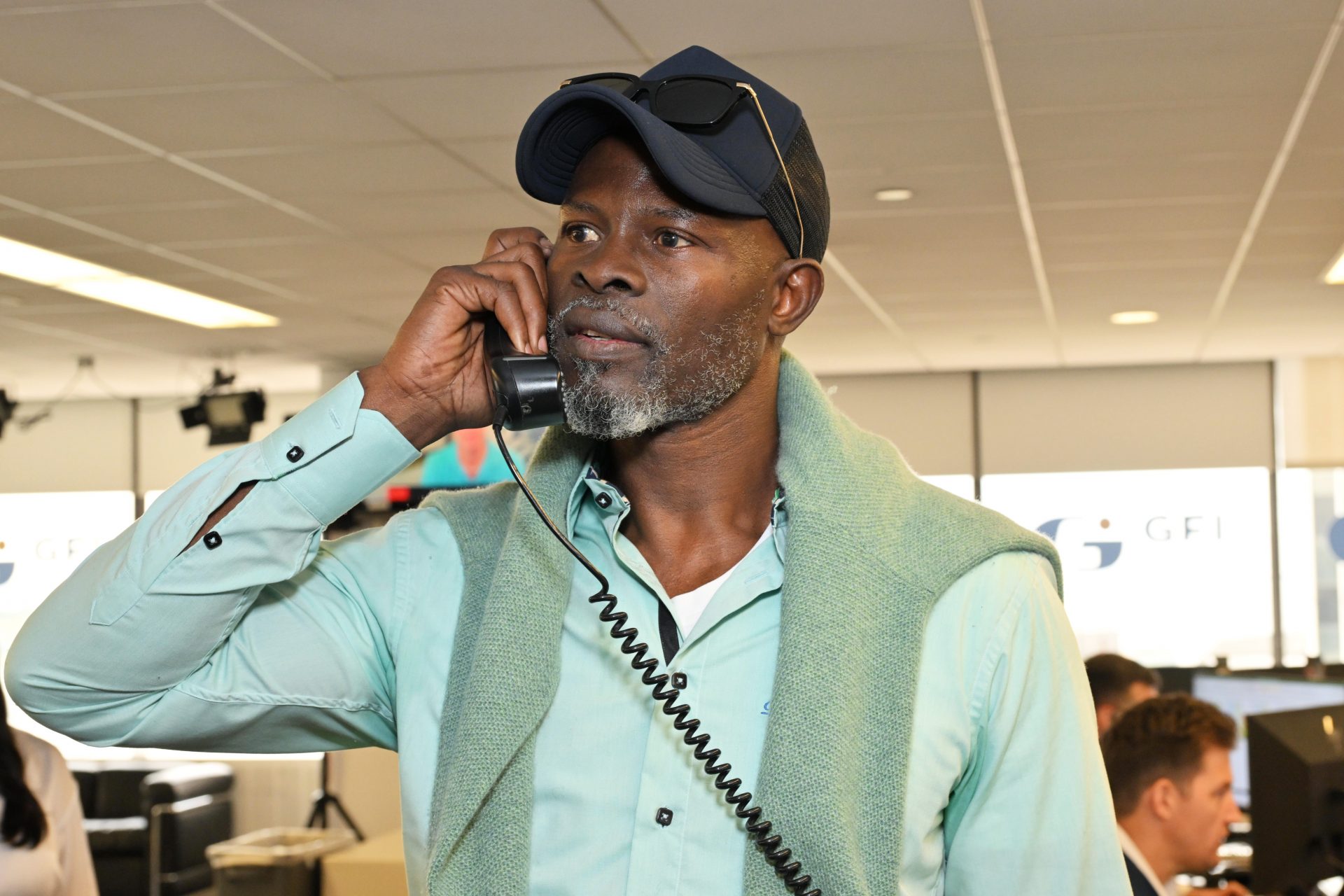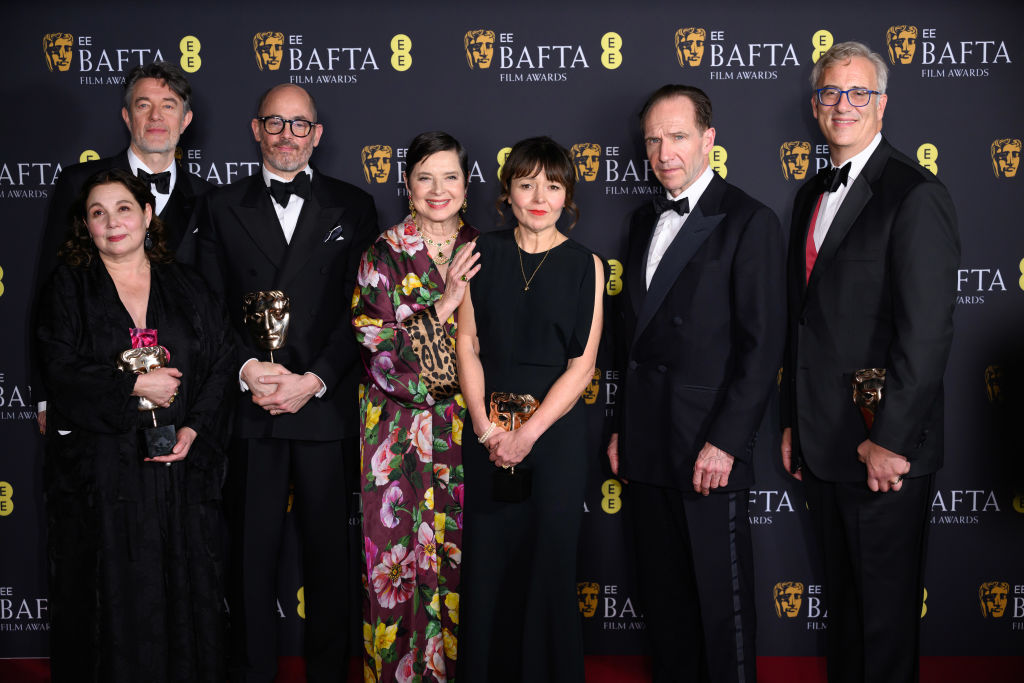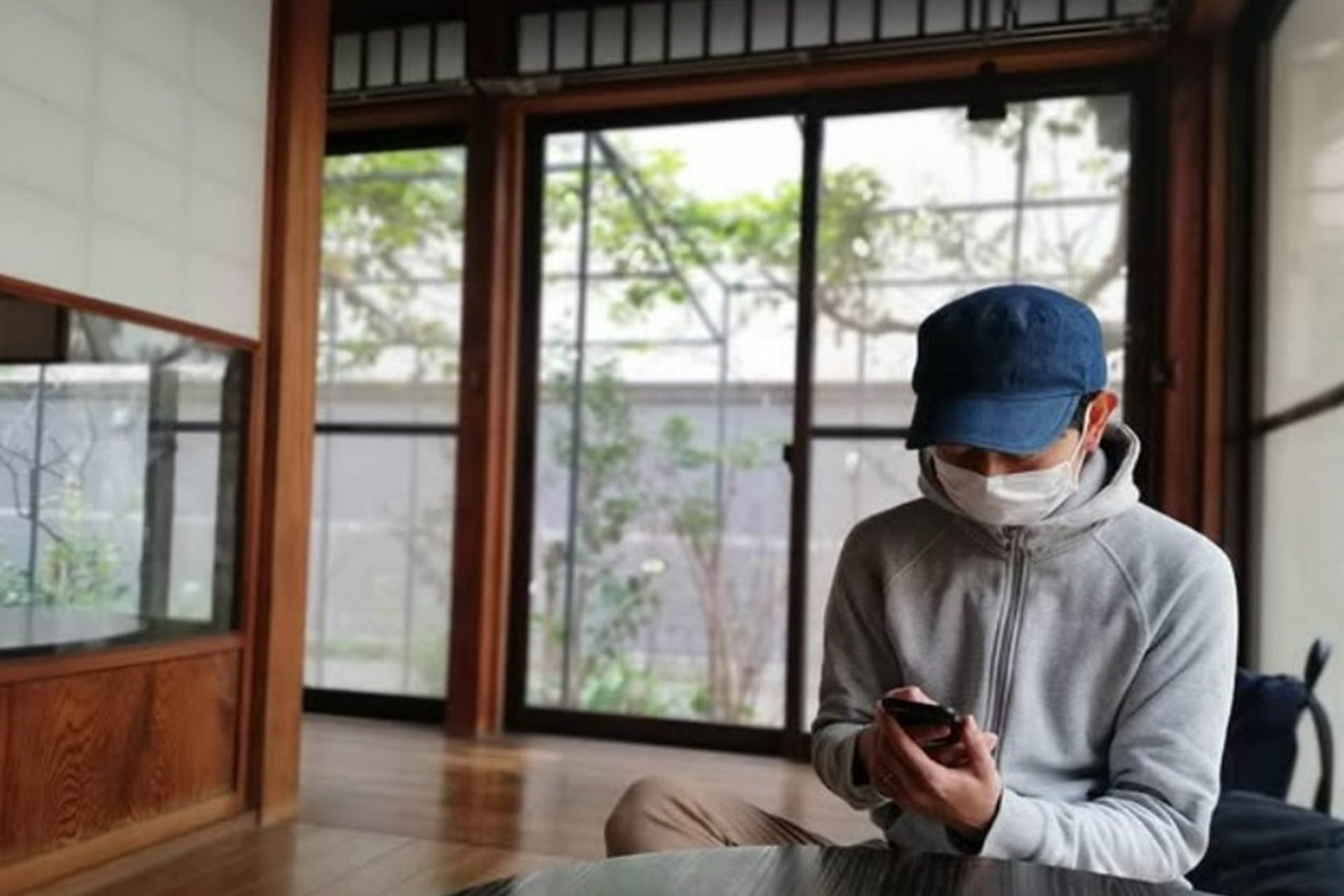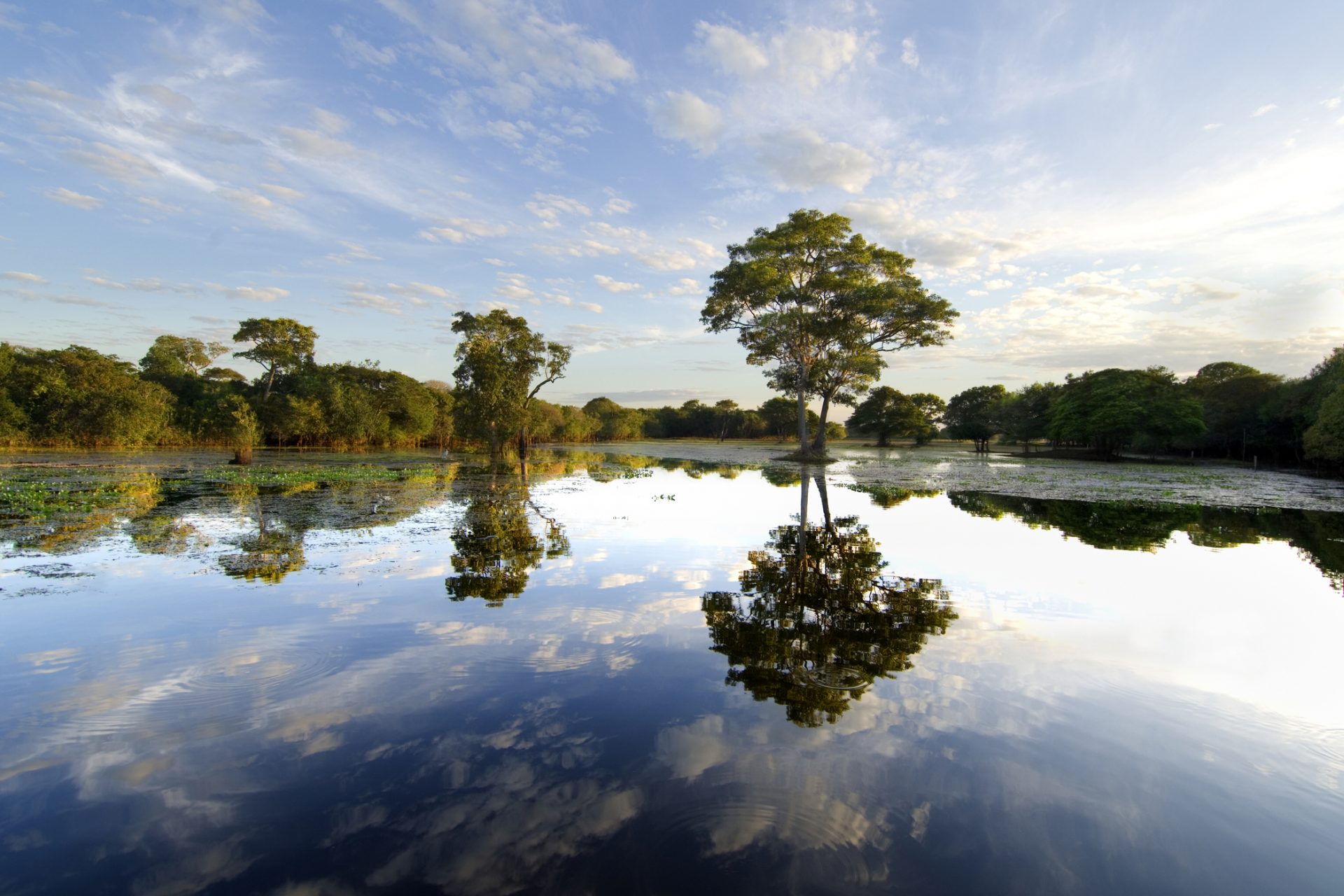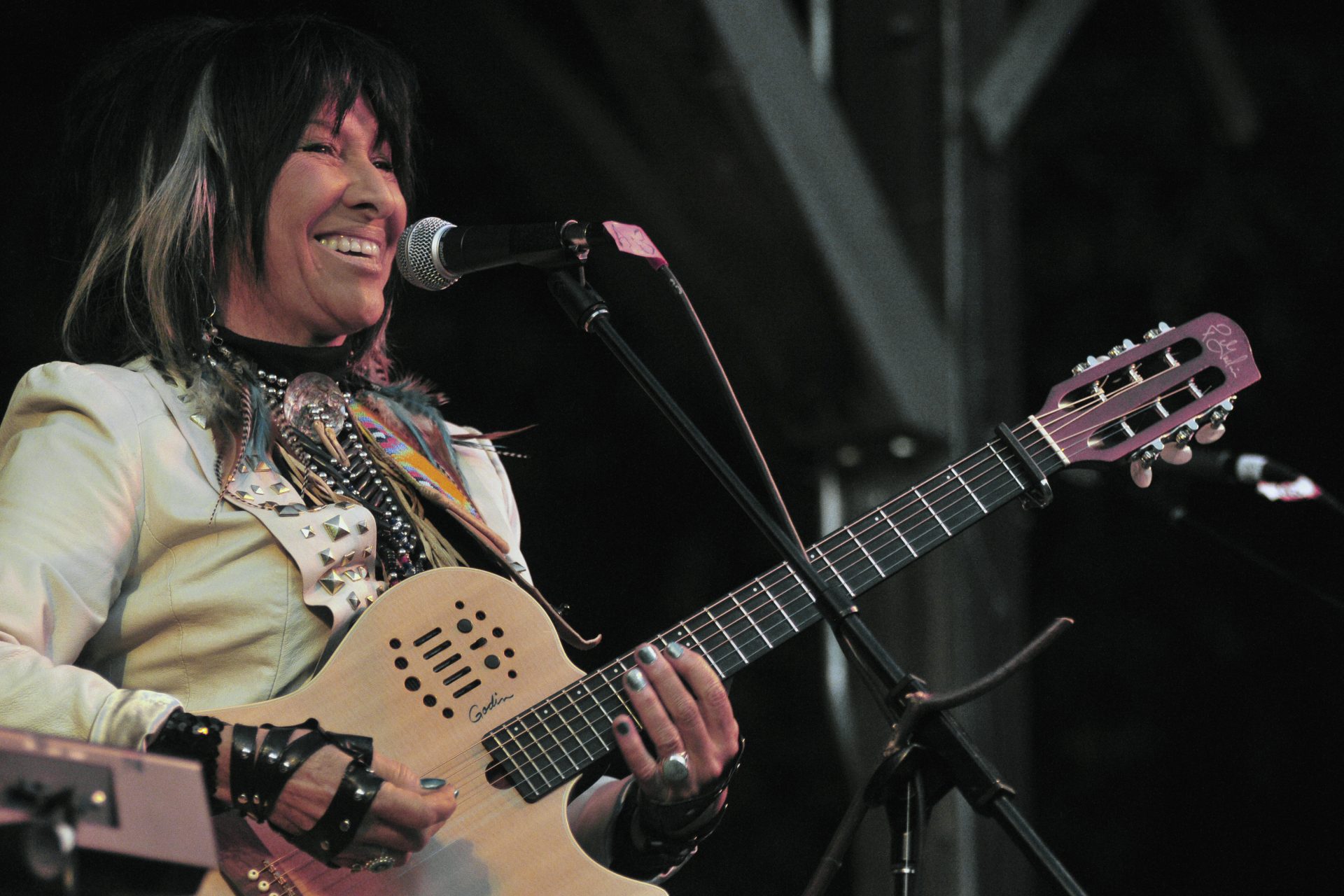The BBC: a tale of nostalgia and 100 glorious years of Auntie in photos
In 2022 the BBC turned 100. From children’s hour on the radio to the first live football match broadcast, groundbreaking documentaries, hilarious comedies, and the coverage of some of the most-watched events in history: let's take a look back at some of the memorable moments in pictures over 100 years of the BBC.
Back in the 1950s, there was a huge contrast between BBC's prudish, cosy and "refrained" image and that of the much bolder and courageous ITV.
On 14th November 1922, a man called Arthur Burrows read a news bulletin. It included a report of a train robbery, some sports results, a weather forecast and some information about an important political meeting.
There was a staff of four people and a mission to ‘educate, inform and entertain’. The BBC was born.
Then, in 1927, the first live football match was broadcast; featuring Arsenal's home league fixture against Sheffield United. In 1927, the visuals had to be imagined.
The Proms - one of the UK’s greatest musical events. It was first broadcast in 1927. But probably more popular is the Last Night of the Proms - with its unique set of traditions, flamboyantly dressed audience and rowdy atmosphere.
The Epsom derby would be the BBC’s first live television outside broadcast in 1931. An eye-widening contrast to the cameras used then vs now…
Possibly one of the most famous shows ever. In 1942, the first edition of Desert Island Discs was broadcast on the BBC Forces Programme. Which songs would you chose? Here Princess Margaret makes her choice.
Remember the 'Archers'? It’s hard not to as it is the longest running soap opera. With one of the most memorable theme tunes in Britain. It was launched in 1950.
Watched by the world and watched by an estimated audience of 20 million people in the United Kingdom. The coronation of Queen Elizabeth II in Westminster Abbey was the world’s first major TV event, televised by the BBC. In colour.
What defined Thursday nights for an entire generation? ‘Top of the Pops’. The pop and rock music television show are for the very first time way back in 1964 and it ran for a staggering 42 years.
Another institution was born in 1964. The Brits welcomed the first broadcast of top flight football television show ‘Match of the Day’. Many a dad’s favourite. Despite the programme's long running status there have been only five regular main presenters: Kenneth Wolstenholme, David Coleman, Jimmy Hill, Des Lynam and Gary Lineker (since 1999).
A genius invention. The rules were simple: talk for 60 seconds "without hesitation, repetition or deviation”. It began in 1967 and, for more than fifty years (with a few exceptions), the programme was hosted by Nicholas Parsons.
This one will have you remembering back to checking the weather or cheap holidays 24 hours a day. In 1974, Teletext service Ceefax went live. Ah, the memories of scanning the pages for anything interesting, before late night TV was invented.
Light up the barbie, we are grilling politicians tonight. The first edition of 'Question Time' was broadcast in 1979 with guests from the worlds of politics and the media answering questions posed by members of the public.
Who doesn’t automatically remember the 1980 charity appeal ‘Children in Need’ when you see Pudsey the bear? A host of celebrities still get together for the BBC's annual telethon in an effort to raise money for Children in Need. Something the Brits are most proud of? Sure.
The wedding of Prince Charles and Lady Diana was produced by BBC Television & Radio with an audience of 750 million viewers and listeners spread over 60 countries in 1981. Many people can remember exactly where they were at that exact moment, do you?
1981 saw the first episode of the classic ‘Only Fools And Horses’, which would go on to be one of the greatest British comedies of all time. If you haven’t binge-watched them all on a yearly basis, you’re missing out.
The first edition of Crimewatch UK was broadcast on BBC1 in 1984. The purpose of the show? To ask the public for information about national crimes. And also to give children nightmares for years.
Pop the kettle on and see what disasters have happened today. In 1984 we had the first broadcast of the Six O'Clock News on BBC1. The programme continues to this day.
The birth of another British institution. EastEnders premiered on BBC1 in 1985, giving the nation a taste of Albert Square and providing audiences with years of entertainment and drama. Goodies who became baddies, baddies who became goodies and some we are still not sure.
A right good giggle. Having a laugh and raising money? Sounds ideal and we remember the first Red Nose Day well in 1985. Kids wore red noses to school, parents put red noses on their cars and even Boris joined in…
13 July, 1985. A truly historical day. Live Aid was broadcast to the world on BBC1 and BBC Radio1, the first broadcast of its kind. Not to mention Bob Geldof swore on live TV.
In 1989 the first edition of BBC Breakfast News was broadcast. A more serious breakfast program, but it certainly did the job. By March 2006, Breakfast won the TRIC award for best daytime television programme for the third year in a row.
Photo: BBC
Terry Wogan was one of the BBC’s biggest stars, fronting his well-remembered chat show for 10 years. It was so popular, it aired three times a week. However, the curtain came down on the hit show in 1992 in a special, which featured guests including Joanna Lumley, Ruby Wax, Torvill and Dean, Jason Donavan and Frank Bruno, looking back at some of the greatest moments from his time on air.
Weekend car journeys would never be the same again. BBC Radio 5 Live, a dedicated news and sport network, started broadcasting in 1994, playing live matches and sports reports.
Nearly 3 billion viewers and listeners watched the funeral of Diana, Princess of Wales in 1997. It was broadcast on BBC Radio & Television and aired to over 200 countries worldwide.
In 2001, a bomb exploded outside Television Centre. The blast was later attributed to Irish Republican terrorists and it is believed the BBC Panorama programme was the target. Many can recall watching this shocking moment.
Parents were over the moon when, in 2002, the CBBC and CBeebies channels began broadcasting. It gave us the wonderful story time, where you can be read a bedtime story by a celebrity.
'Doctor Who' returned to the air in 2005, sixteen years after the last full series was broadcast. Modernising the classic with better special effects. It still payed homage to the original, however, and brought back many memories.
I was 2012 and the BBC's teletext service Ceefax was switched off following all regions switching to digital broadcasting. How will I book my holiday now?
Newsround was an incredible show for kids, creating a lighter version of the news that many adults would appreciate now. But, in 2020, the BBC removed the teatime edition of Newsround after 48 years. They concluded that the average child no longer turns on traditional television channels when they get home from school. It’s all iPads and mobiles these days.
Photo: Twitter / @russty_russ

































